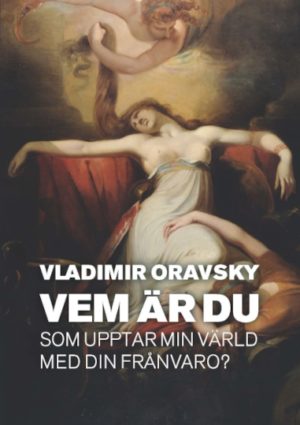
Visit to Godenholm
Visitors to Godenholm are received by the powerful philosopher-magician Schwarzenberg and suddenly all concepts of time and space are upheaved. The visitors now have to face their own expectations and inner processes in this remarkable and potent psychic free zone.
Ernst Jünger (1895-1998) is one of German literature’s strangest birds. After his debut with the stark and brutal The Storm of Steel (1920), an account of his own experiences of the first World War, Jünger devoted his long and productive life to writing novels, essays, philosophical ponderings and much more.
Jünger was also a keen entomologist and used facets of his experiences in nature to create a literary language wholly his own. Permeated by references to flora and fauna, as well as to various ancient myths, Jünger’s writing style sweeps the reader’s spirit away in lofty flights, into a timelessness that strips the contained human interactions of any banal or contemporary predictability.
Although a controversial and much debated figure in Germany, Jünger chose to stay outside any turbulence and focus on his work. This personal attitude of “désinvolture”, a lofty philosophical non-attachment, is also characteristic of his literary language.
Illustrated by Fredrik Söderberg. Introduction by Elliot Neaman. Translation by Annabel Moynihan.






